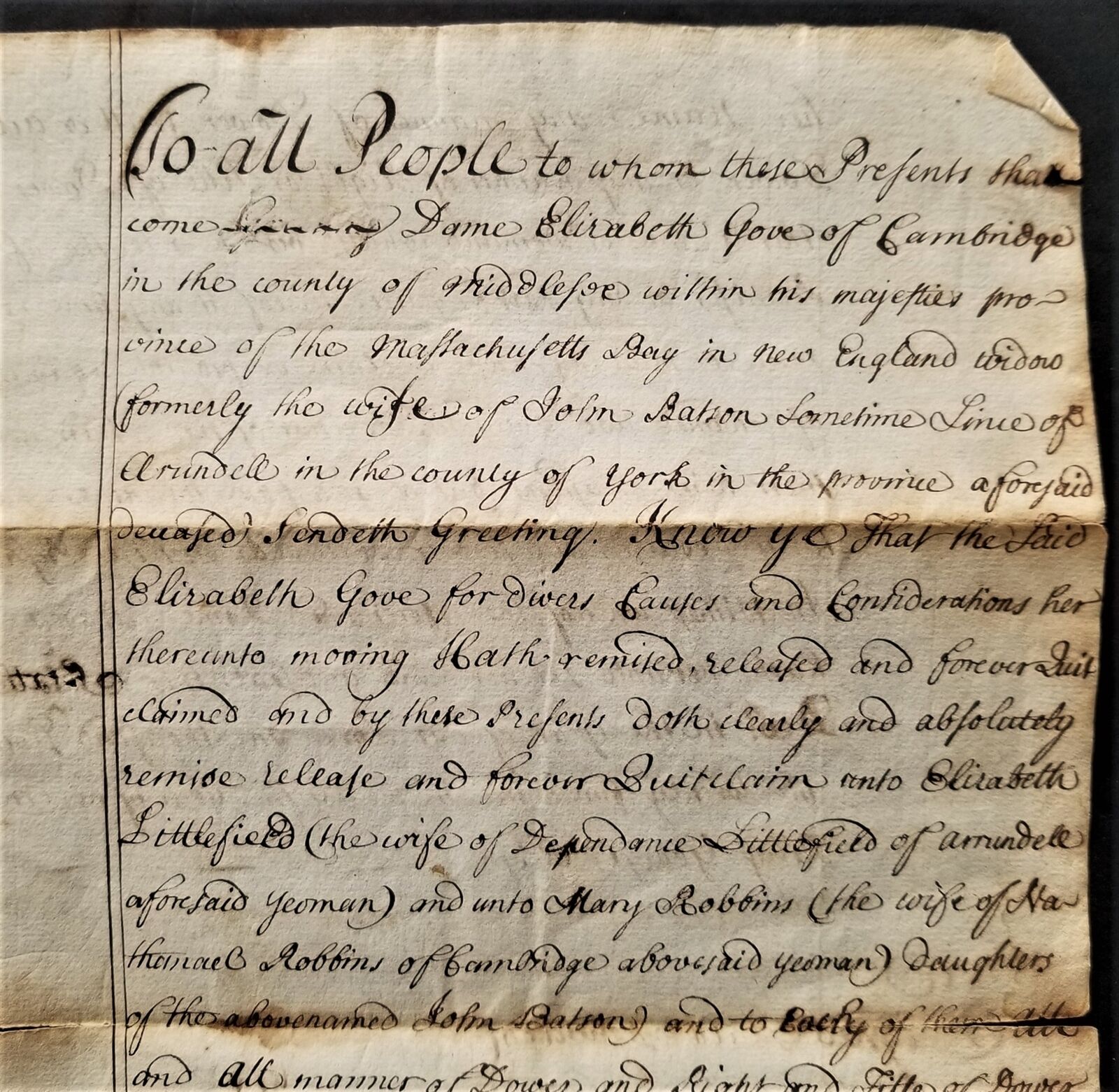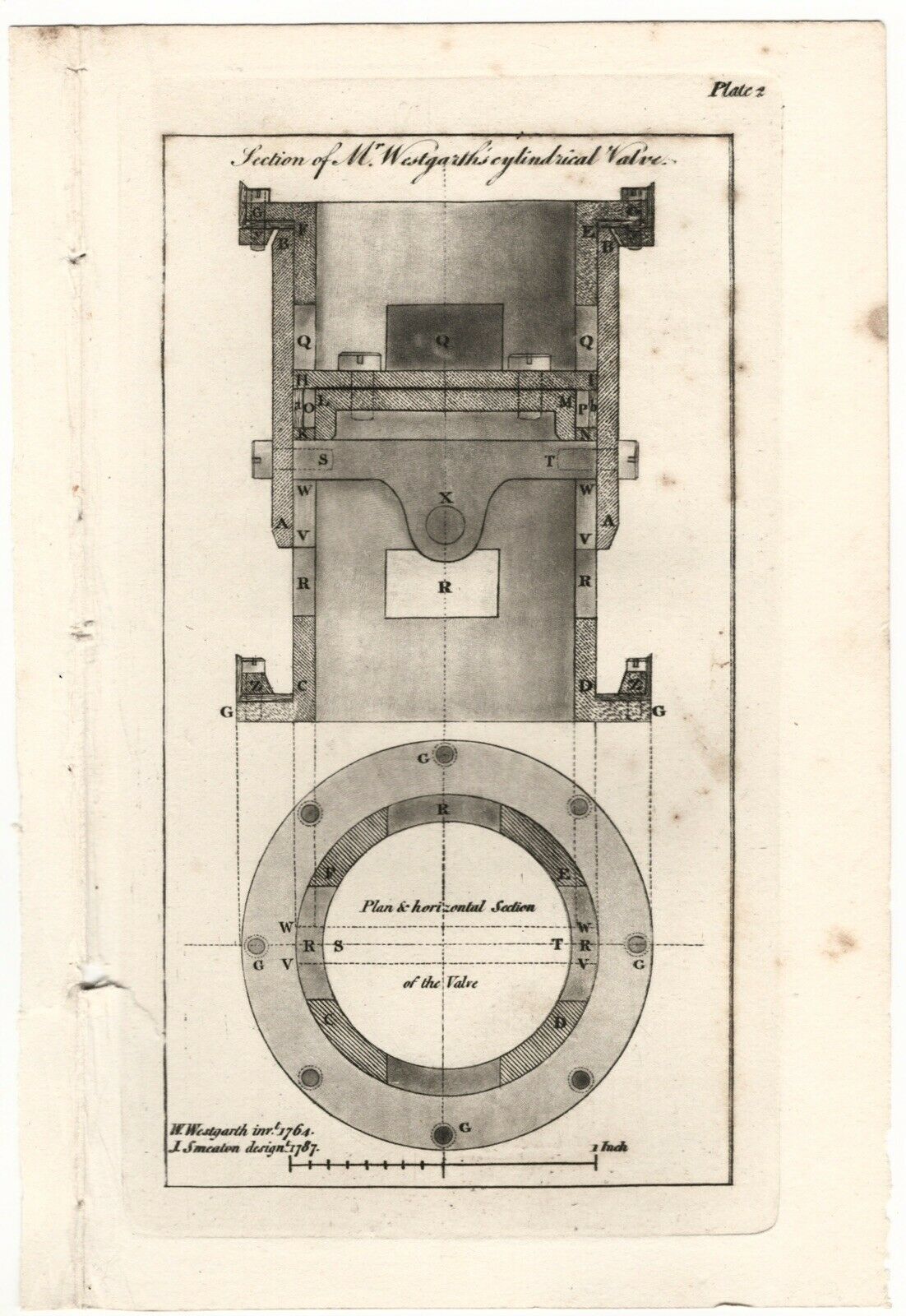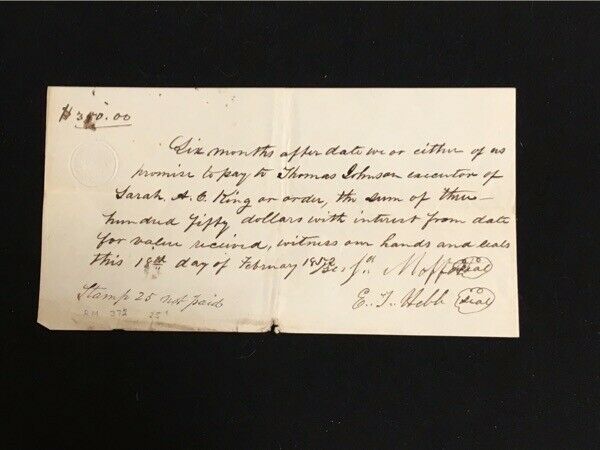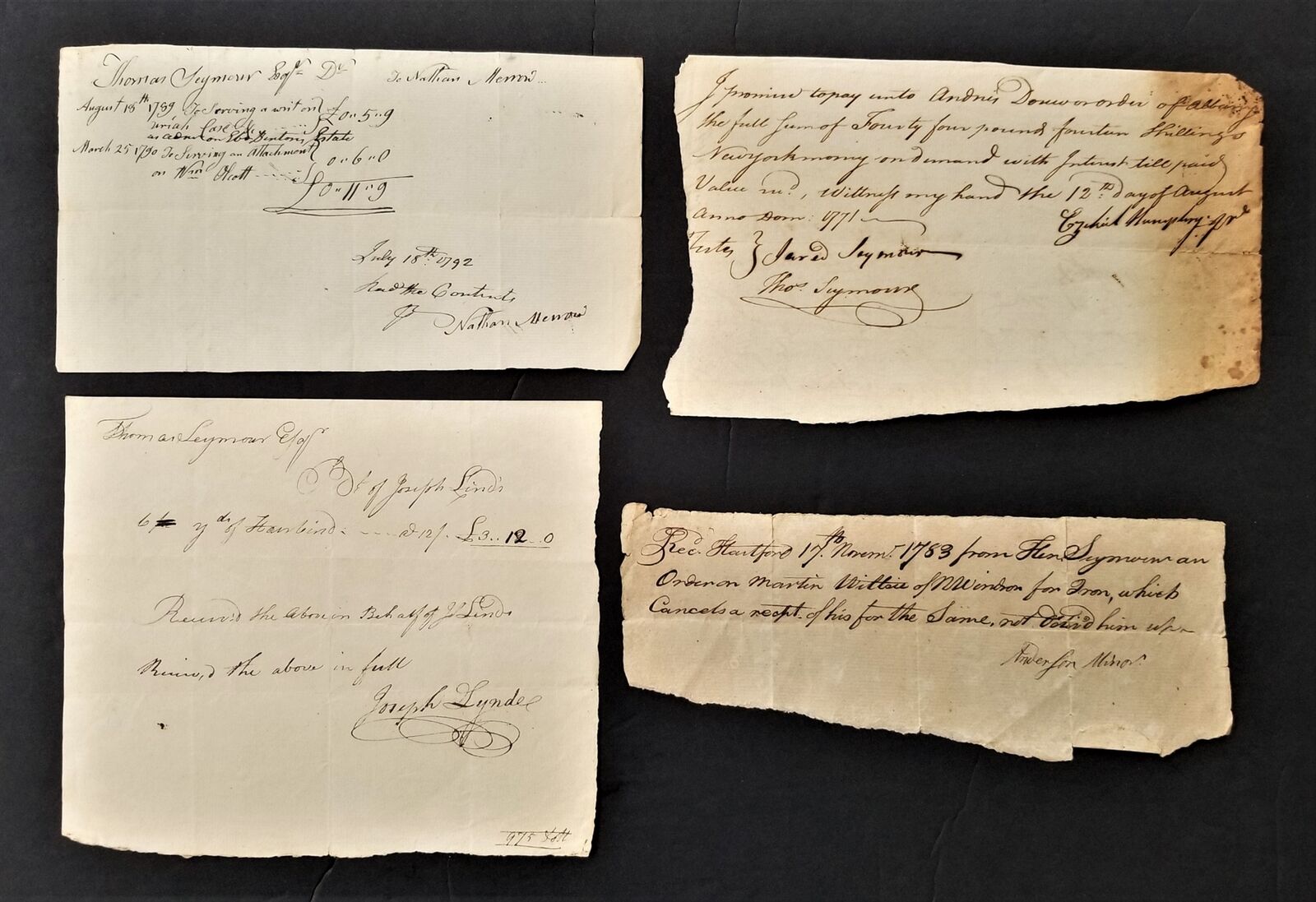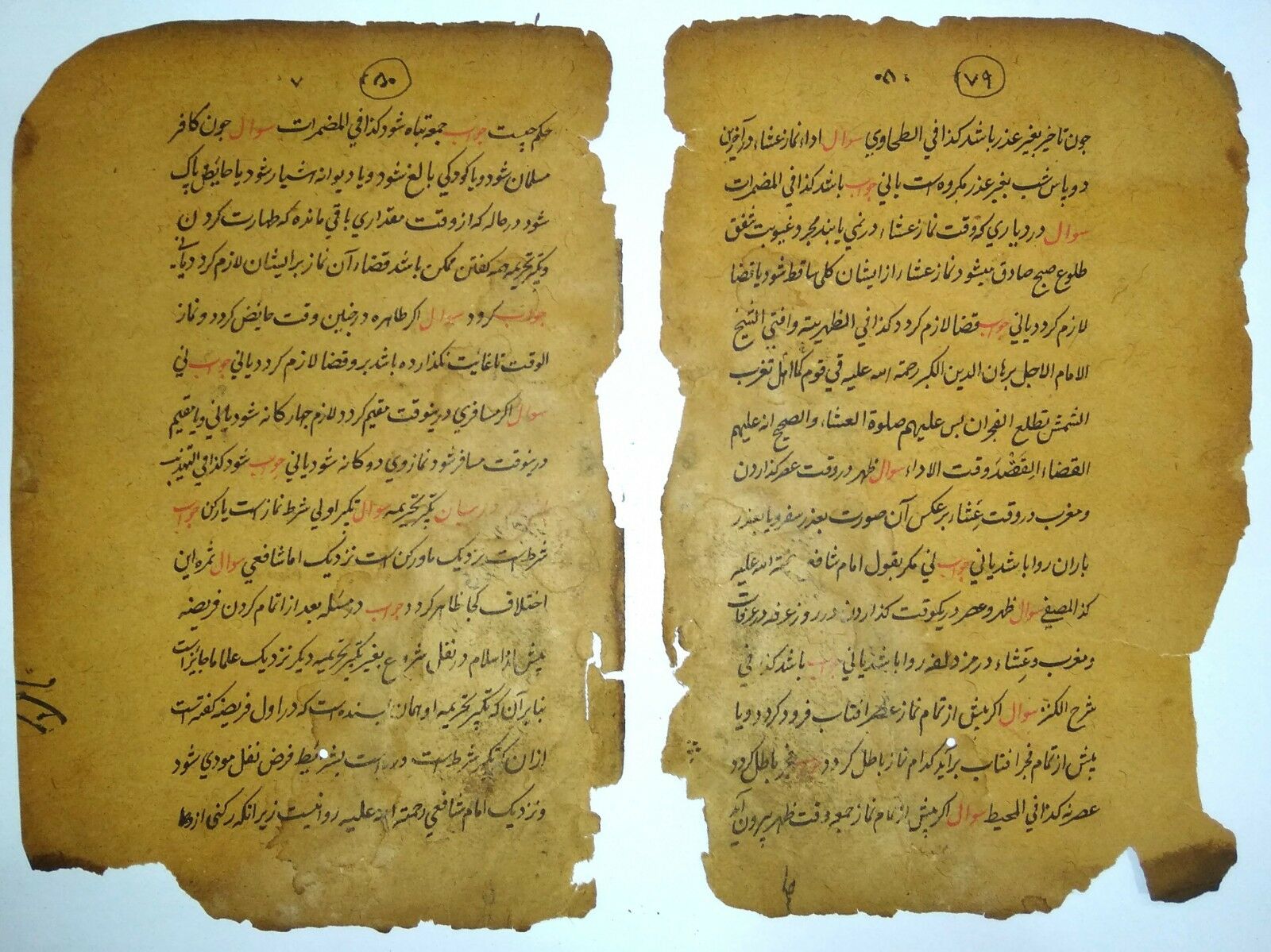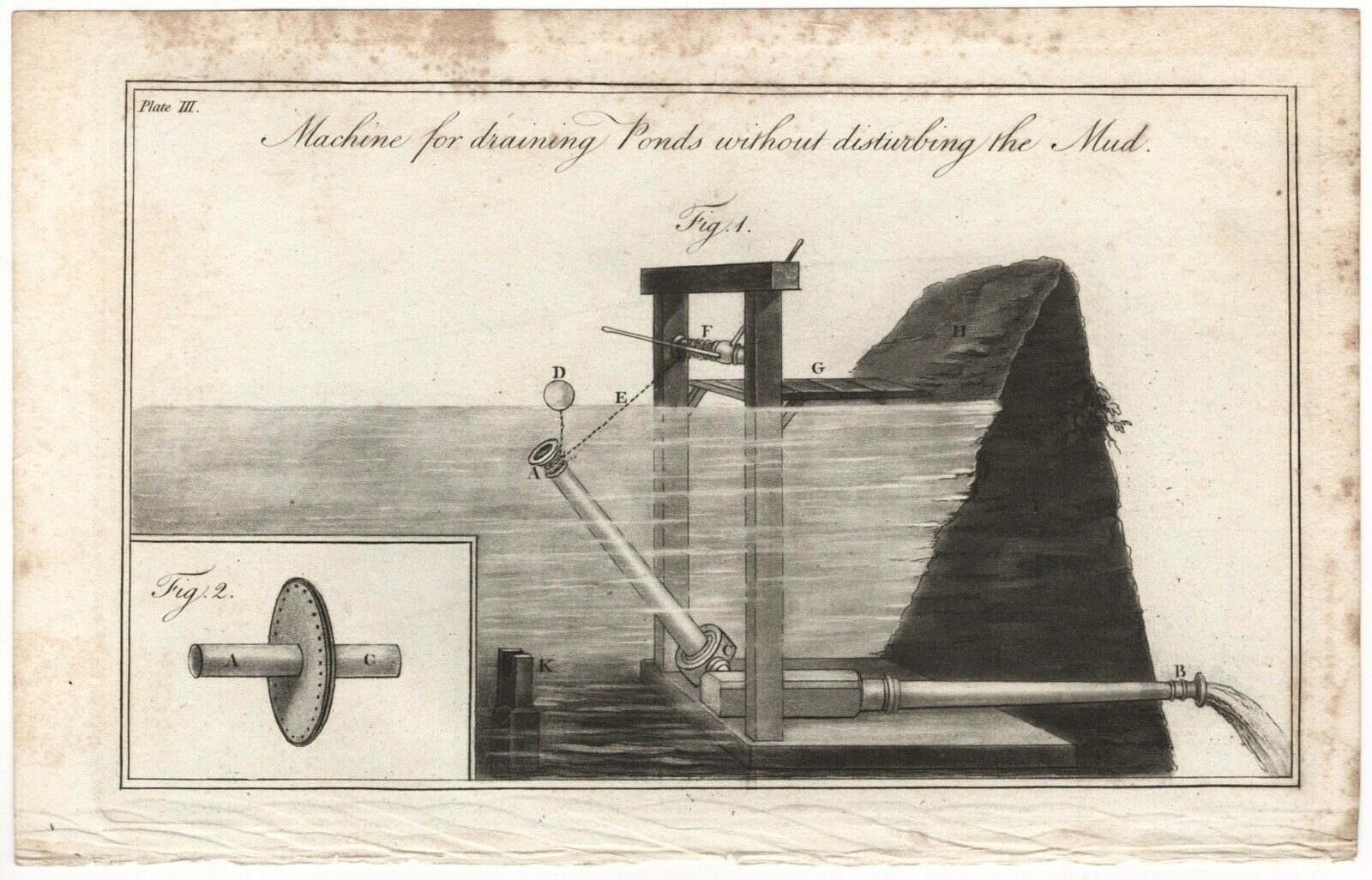-40%
Lightning, and Method of Securing Buildings from it Effects - 1772
$ 52.8
- Description
- Size Guide
Description
One area of difference in those studying lightning rods was whether they should terminate in a sharp point or be blunt. The Royal Society's special committee, consisting of H. Cavendish, William Watson, Benjamin Franklin and J. Robertson was appointed to study this issue and report back to the Royal Society in respect to the Powder Magazines at Purfleet. They recommended pointed rods. An attachment to that report, by Benjamin Wilson, dissented with that decision and recommended blunt tipped rods. This December 8, 1772 paper,"Observations upon Lightning, and the Method of securing Buildings from its Effects: In a Letter to Sir Charles Frederick, Surveyor-General of His Majesty's Ordinance, and F. R. S. By Benjamin Wilson, F. R. S. & Ac. R. Upf. Soc."
continues Mr. Wilson's arguments on the pointed vs blunt lightning rods and his opposition to the decision of the Select Committee.
Included with this paper, on the last page, is a one page response to Mr. Wilson' paper, read before the Royal Society on
December 17, 1772
,
titled
"A Letter to Sir John Pringle, Bart. Pr. R. S. on pointed Conductors" written by H. Cavendish, William Watson, Benjamin Franklin and J. Robertson,
and stating
"...Having heard and considered the objections to our Report, concerning the fixing pointed Conductors to the Magazines at Purfleet,,,,we find no reason to change our opinion, or vary from that Report."
The item is a First Edition, extracted and disbound from The Philosophical Transactions of the Royal Society, Vol. 63, Part I For the Year 1773, pages 49-66. This volume of the transactions was published in London in 1774. The illustrations accompanying this description show the first page of Mr. Wilson's paper, while the second illustration is of the entire response of the Special Committee to the Wilson document.
Benjamin Wilson
(June 21, 1721 – June 6, 1788) was an English painter, printmaker and scientist (natural philosopher). As a scientist he opposed Benjamin Franklin's theory of positive and negative electricity. Instead, Wilson supported Isaac Newton's gravitational-optical ether, which he supposed to differ in density around bodies in accordance with their degrees of electrification. Wilson also opposed Franklin's theory of pointed lightning rods, holding that blunt conductors performed better than pointed ones. [Wikipedia]
Benjamin Franklin
(January 17, 1706 - April 17, 1790) was one of the Founding Fathers of the United States. A noted polymath, Franklin was a leading author, printer, political theorist, politician, postmaster, scientist, musician, inventor,, satirist, civic activist, statesman, and diplomat. As a scientist, he was a major figure in the American Enlightenment and the history of physics for his discoveries and theories regarding electricity. He invented the lightning rod, bifocals, the Franklin stove, a carriage odometer, and the glass 'armonica'. He facilitated many civic organizations, including a fire department and a university. [Wikipedia]
William Watson
, FRS (3 April 1715 – 10 May 1787) was an English physician and scientist who was born and died in London. His early work was in in botany, and he helped to introduce the work of Carolus Linnaeus into England. He became a Fellow of the Royal Society in 1741 and vice president in 1772. [Wikipedia]
Henry Cavendish
FRS (10 October 1731 – 24 February 1810) was a British natural philosopher, scientist, and an important experimental and theoretical chemist and physicist. Cavendish is noted for his discovery of hydrogenor what he called "inflammable air". Cavendish was distinguished for great accuracy and precision in researches into the composition of atmospheric air, the properties of different gases, the synthesis of water, the law governing electrical attraction and repulsion, a mechanical theory of heat, and calculations of the density (and hence the weight) of the Earth. His experiment to weigh the Earth has come to be known as the Cavendish experiment. [Wikipedia]
John Robertson
(1712 – December 11, 1776) was the Librarian of the Royal Society
Sir Charles Frederick
KB (21 December 1709 – 18 December 1785) was a British Member of Parliament. He was elected a Fellow of the Royal Society in May 1833. Frederick was Member of Parliament for New Shoreham from 1741 to 1754 and for Queensborough from 1754 to 1784. He was Father of the House from June 1784. Sir Charles Frederick also served as Clerk of the Deliveries and then Surveyor General at the Board of Ordinance, and was made a Knight Companion of the Order of Bath in 1761.
Sir John Pringle
, 1st Baronet, FRS (10 April 1707 – 18 January 1782) was a Scottish physician who has been called the "father of military medicine" (although Ambroise Pare and Jonathon Letterman have also been awarded this sobriquet). [Wikipedia]


